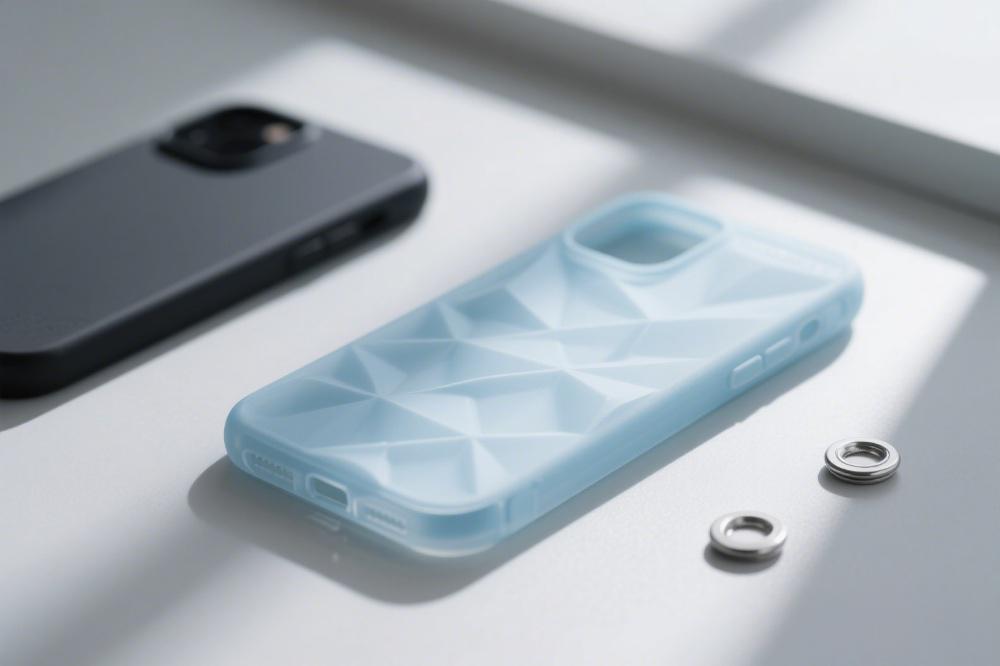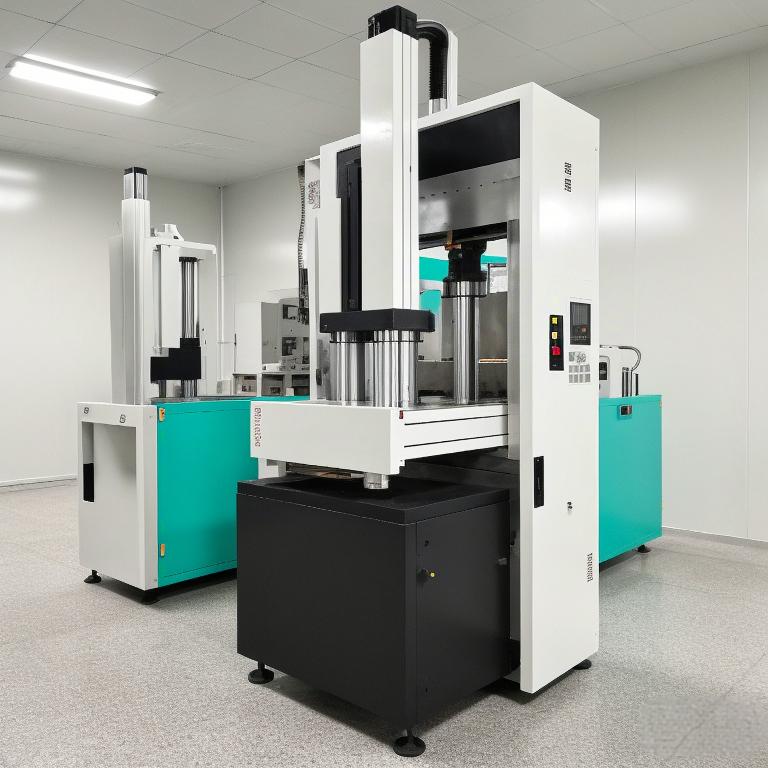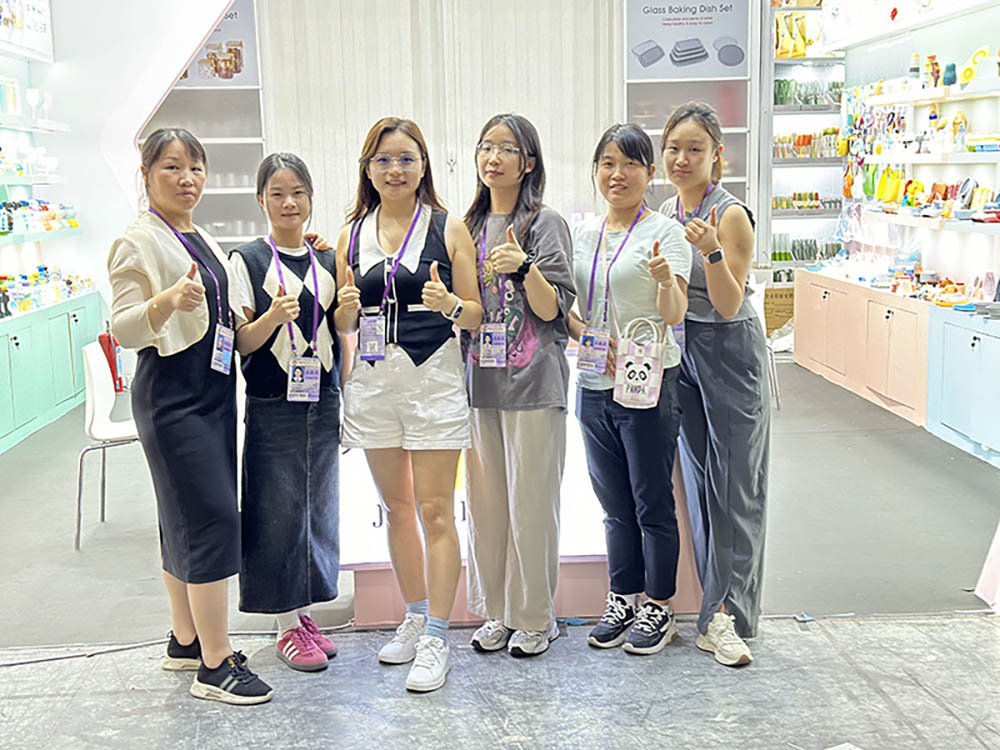目录
Phones have become an integral part of daily life, and protecting them with a case has become almost as important as the phone itself. Custom silicone phone cases are an excellent option for those looking to safeguard their devices while expressing personality or branding. Known for their durability, flexibility, and wide customization options, silicone cases are perfect for businesses needing bulk orders or individuals seeking a personalized touch.
This article will highlight the reasons why custom silicone phone cases are an ideal choice for both personal and business use. It will also address key factors that companies consider when manufacturing and sourcing silicone cases for large-scale orders.
The Advantages of Custom Silicone Phone Cases
Silicone is a flexible and durable material that offers several key benefits when used as a phone case. Unlike harder plastic options, silicone cases provide a soft, grippy surface that not only absorbs shock but also resists scratches and scuffs. This is especially beneficial for those prone to dropping their devices or using their phones in rugged environments.
The customizability of silicone phone cases also sets them apart from standard, mass-produced cases. Whether you’re looking for a vibrant color, a textured surface, or a specific design, silicone cases can be molded into any shape, size, or pattern. This makes them an ideal choice for businesses or individuals looking to create personalized phone accessories.
For businesses, custom silicone phone cases offer an opportunity to promote their brand. Adding a logo, slogan, or custom design to a case turns a simple accessory into a marketing tool. And because silicone is versatile and durable, it’s perfect for large-scale orders without compromising on quality or style.
Different Types of Custom Silicone Phone Cases
- 3D Silicone Phone Case


A unique and trendy option, 3D silicone phone cases feature raised designs that add texture and visual interest. Whether it’s an abstract pattern, a logo, or a playful design, 3D silicone cases can make a bold statement. Businesses often opt for these cases when they want their phone accessories to stand out and capture attention. - Silicone Apple Phone Cases
Apple’s iPhones are known for their sleek design, and a silicone case provides a soft but protective barrier. Custom silicone cases for iPhones are popular because they offer a snug fit while showcasing a clean, simple design. Whether you need a case for an iPhone 16 or an older model, silicone offers the protection you need without adding bulk. Companies can also take advantage of the wide customization options to align the case with their brand’s color scheme or logo. - Magnetic Phone Cases


For those who use magnetic car mounts or other accessories, a magnetic silicone phone case is a great option. These cases include built-in magnets that ensure the phone stays securely attached to mounts or docks. Custom magnetic silicone phone cases are useful for both personal and promotional use, offering an added level of functionality while still being customizable with logos or designs. - Magsafe Phone Case
For users with MagSafe-compatible iPhones, custom silicone MagSafe phone cases are an excellent choice. These cases are designed to allow easy attachment of MagSafe chargers, wallets, and other accessories. The flexibility of silicone ensures a strong magnetic connection without interfering with the MagSafe functionality. Whether you are designing these cases for personal use or large orders, silicone is an ideal material for combining protection and practicality. - Samsung Phone Cases
Custom silicone phone cases are not limited to just Apple products. Samsung users also enjoy the benefits of durable silicone protection. Whether it’s for the latest Samsung Galaxy model or an earlier version, custom silicone cases fit well and provide excellent shock absorption. Custom cases can be designed for business purposes or as gifts, offering a practical yet personalized solution for Samsung phone owners.
What to Look for When Sourcing Custom Silicone Phone Cases
When sourcing custom silicone phone cases, especially for bulk orders, there are several important factors to consider. These include the material quality, the precision of the molding process, and the customization options offered by the manufacturer.
- Quality of Silicone Material
Not all silicone is created equal. When ordering custom silicone phone cases, it’s essential to ensure that the material used is durable, flexible, and non-toxic. High-quality silicone will resist wear and tear over time, keeping the case looking fresh while providing reliable protection. - Precision in Molding
The molding process is crucial to ensuring that the custom silicone phone case fits the phone perfectly. A well-made case should align with the phone’s buttons, ports, and camera, offering full functionality without obstruction. Poorly molded cases can result in a loose fit or hinder the usability of the device, so it’s important to choose a manufacturer that uses accurate molding technology. - 定制功能
A major advantage of custom silicone phone cases is their ability to be tailored to specific needs. Whether you need a simple color change or intricate logo placements, the manufacturer should be able to accommodate your requests. Be sure to inquire about the range of customization options available, such as color choices, textures, and patterns. Some manufacturers even offer full 3D printing or embossing for logos or other intricate designs. - Lead Time and Production Scale
For businesses, timing is often critical. Whether you need cases for an upcoming marketing campaign or event, it’s important to ensure that the manufacturer can meet your deadlines. Companies that offer bulk production should be able to provide clear lead times and ensure that orders are delivered on schedule. Additionally, ask about their capacity for large orders and any discounts or pricing structures for bulk purchases. - Testing for Durability
A good manufacturer will test custom silicone phone cases for durability and functionality. This includes testing for flexibility, shock resistance, and material longevity. For businesses looking to promote a high-quality product, selecting a manufacturer with rigorous quality control standards will ensure that your cases not only look good but also perform well over time.
Why Custom Silicone Phone Cases Make Sense for Businesses
Custom silicone phone cases are an ideal choice for companies looking to create branded products, offer promotional giveaways, or provide gifts to clients. With the ability to print logos, brand colors, and unique designs, silicone phone cases serve as effective marketing tools that continue to promote a brand every time the phone is used.
For businesses ordering in bulk, silicone’s durability and flexibility make it a cost-effective option. High-quality silicone cases can be produced at scale without sacrificing quality, ensuring that each case maintains its look and protective function. Furthermore, silicone is relatively lightweight, which makes shipping easier and more affordable, even for large quantities.
Conclusion: Custom Silicone Phone Cases for All Needs
Custom silicone phone cases offer a perfect combination of style, protection, and functionality. Whether you’re customizing a 3D silicone phone case, designing a silicone Apple phone case, or looking for MagSafe compatibility, silicone is an excellent material that can meet various needs. Businesses will find that custom silicone phone cases are a valuable investment for brand promotion, corporate gifts, and wholesale products. When ordering custom silicone phone cases, ensure you choose a manufacturer that provides high-quality material, precise molding, and a range of customization options, making sure your bulk order meets both your aesthetic and functional requirements.



